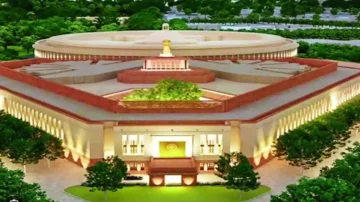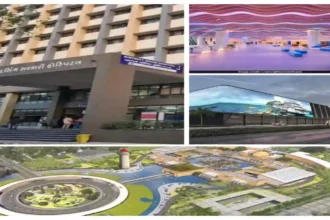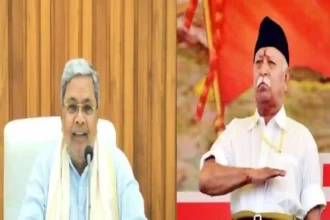The government has sanctioned 482 hostels for tribal community in Chhattisgarh’s Bastar Division for tribal students. While a progressive move, it raises questions about the exclusion of poor students from the General Category. Is this equitable?
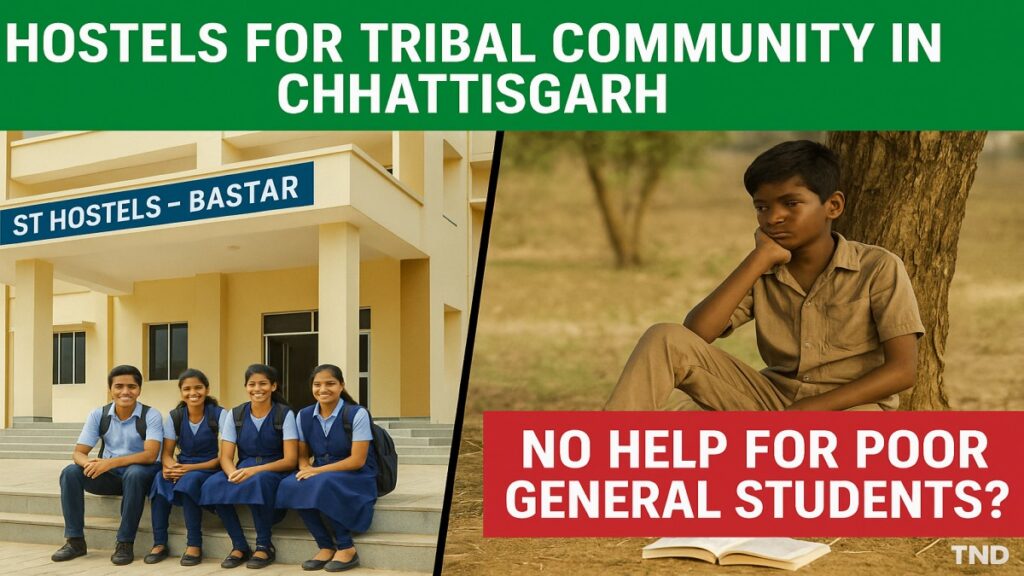
New Delhi, July 25 – In a major move aimed at improving access to education for Scheduled Tribe (ST) students, the Government of India has sanctioned 482 hostels with 32,146 seats across the seven districts of Bastar Division in Chhattisgarh. The initiative falls under the state’s ongoing efforts to uplift tribal communities through better infrastructure and residential facilities.
The Bastar region, which includes districts such as Bastar, Dantewada, Kanker, Kondagaon, Narayanpur, Bijapur, and Sukma, is known for its dense tribal population and underdevelopment. The newly approved hostels for tribal community in Chhattisgarh are aimed at addressing challenges related to education, especially in remote forested areas where daily commuting to schools is nearly impossible.
The hostels are designed to accommodate both tribal girls and boys, providing them with shelter, meals, and a secure environment to pursue their education.
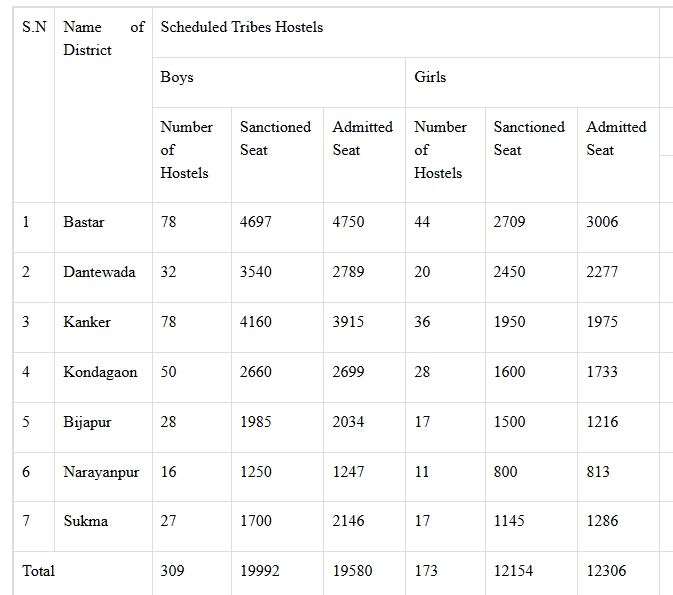
What About Poor Students from the General Category?
While the announcement has been widely appreciated as a step toward social justice and affirmative action, it has also triggered a parallel discussion: Why is similar hostel infrastructure not being extended to economically weak students from the General Category?
India’s Constitution guarantees equality before the law under Article 14, and Article 15(1) prohibits discrimination on grounds of religion, race, caste, sex, or place of birth. However, the focused creation of hostels for tribal community in Chhattisgarh without any parallel initiative for poor general category students is being increasingly seen by some as a case of state sponsored exclusion.
Public Reactions: “Is This Not Discrimination?”
Numerous citizens, especially from rural and economically backward backgrounds in the General Category, are now voicing concerns on social media and in public forums. Their key argument: poverty doesn’t see caste. A bright student from a poor general category family faces the same, if not greater, barriers to education yet receives significantly less institutional support.
“Tribal students getting 482 hostels is good,” says Anurag Sharma, a student from Bilaspur. “But where is the same energy for poor general students who walk 8 km to school daily because there’s no hostel or transport? Is this not discrimination?”
Others argue that while affirmative action is necessary, economic status should also be a factor in such welfare schemes. With the 10% reservation for Economically Weaker Sections (EWS) now in place constitutionally, shouldn’t there be matching hostel infrastructure for them as well?
Legal and Constitutional Angles
Some legal experts believe that such targeted schemes are valid under Article 46 of the Indian Constitution, which promotes the educational and economic interests of SCs, STs, and other weaker sections. However, they also acknowledge that equal opportunity must extend to all economically disadvantaged groups.
In 2019, the Supreme Court upheld the 10% EWS quota, acknowledging that economic disadvantage is an independent criterion for affirmative action. This ruling set a precedent for government welfare schemes to go beyond caste and include poor individuals from General Category backgrounds.
Yet, no visible policy initiatives for EWS hostel infrastructure have been announced in Chhattisgarh so far.
Data Points
- Hostels Sanctioned: 482
- Total Seats: 32,146
- Beneficiaries: Tribal students (SC/ST), both boys and girls
- Districts Covered: Bastar, Dantewada, Kanker, Kondagaon, Narayanpur, Bijapur, Sukma
- Beneficiary Category: SC/ST only
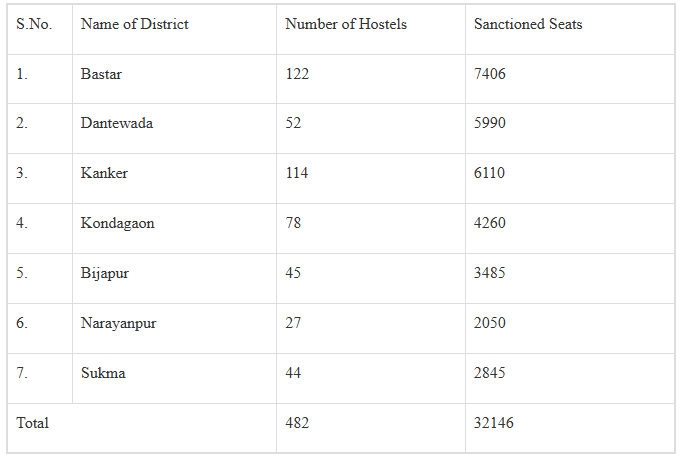
Broader Implications
This trend may have long term socio-political implications. Several scholars warn that over reliance on caste exclusive schemes, while initially justified, may lead to resentment among other disadvantaged groups who feel excluded. This could deepen divides and weaken the core democratic fabric that emphasizes equality and fraternity.
More importantly, India is home to millions of poor students outside the SC/ST categories who also face generational poverty, lack of access to schools, and social neglect. Shouldn’t they also be beneficiaries of similar hostel schemes?
Suggested Reading: Rohith Vemula Bill: Law or Trap?
Time to Re-evaluate Welfare Distribution?
The hostels for tribal community in Chhattisgarh initiative is undoubtedly a positive development. But equity in welfare distribution cannot be overlooked. If the objective is to ensure education for all, the government must also extend such infrastructure to EWS students in the General Category.
Education is a basic right, not a privilege. The policy must evolve beyond historical injustices and begin addressing contemporary economic realities that affect all castes and communities.
Stay Connected with The News Drill for more updates.
Have a tip or report to share on government infrastructure schemes? Email us at: editor@thenewsdrill.com
Contact us for queries: contact@thenewsdrill.com
The creation of hostels for tribal community in Chhattisgarh showcases a commendable attempt to uplift tribal students. However, it opens a deeper debate on inclusive development and whether welfare policies should be realigned to address economic backwardness across all communities.
If the aim is a truly egalitarian society, the next step must include hostels for poor General Category students too.
Source: PIB Report Tribal Community Hostels in Chattisgarh


